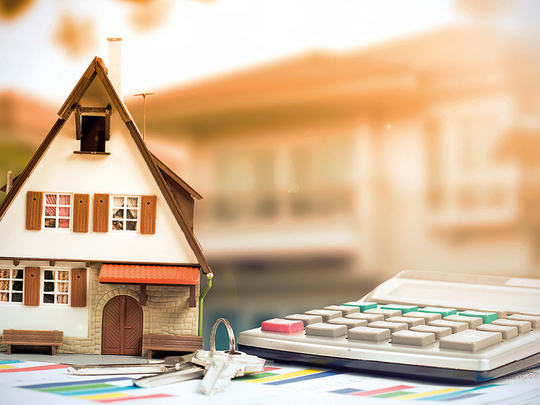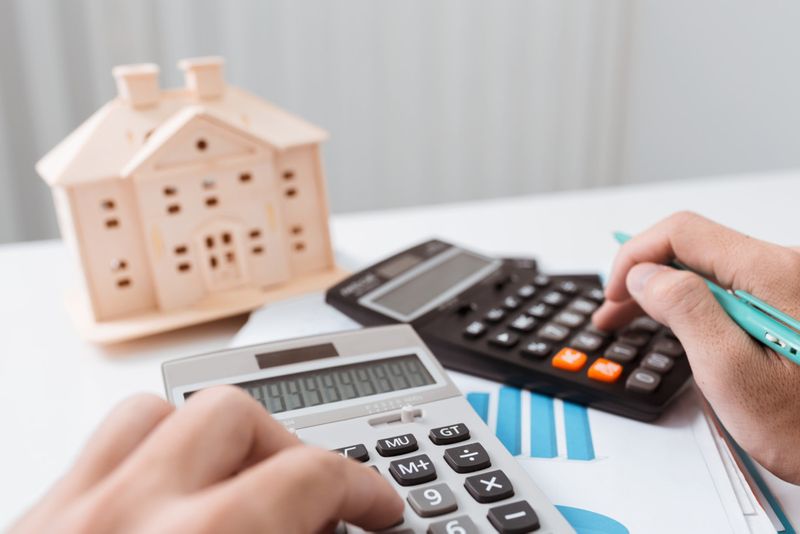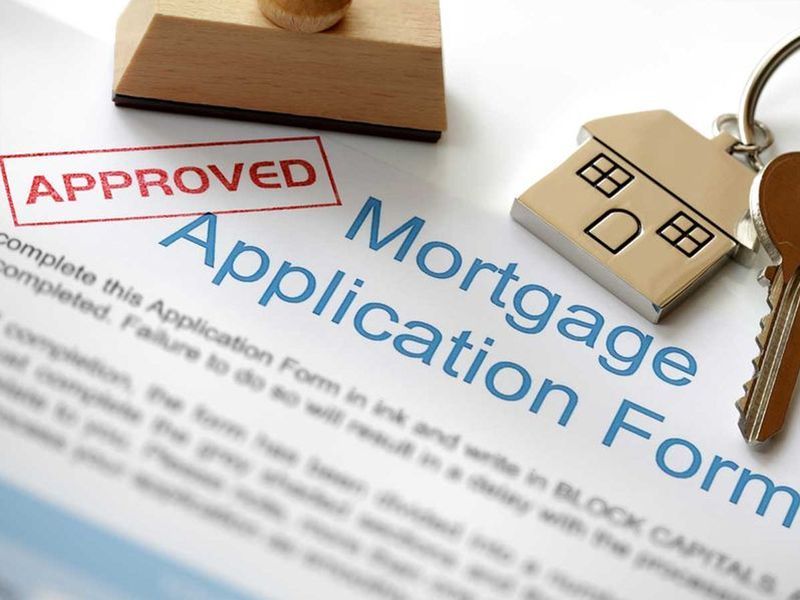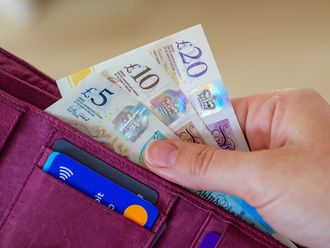
Dubai: A reverse mortgage allows a retired homeowner to tap into the equity of a paid off home. A homeowner who is 62 or older can borrow against the value of their home and receive funds as a lump sum or a fixed monthly payment.
Unlike a normal mortgage - the type used to buy a home - a reverse mortgage doesn’t require the homeowner to make any loan payments.
In the right circumstances, a reverse mortgage can be a source of badly-needed cash in an individual's retirement years. On the other hand, there are some negative aspects to reverse mortgages.
A reverse mortgage comes with several downsides, such as upfront and ongoing costs, a variable interest rate, an ever-rising loan balance and a reduction in home equity.
Reasons why reverse mortgage isn’t ideal for everyone
Reverse mortgages puts home ownership at risk
The fact that no payments must be made on a reverse mortgage as long as one homeowner remains living in the house is a major feature of reverse mortgages. However, the fine print lists several circumstances when the mortgage lender can foreclose on the home.
The homeowner must stay current on property tax (if any) and insurance payments. Initially, if these payments are not made, the lender would set aside some of the undrawn loan proceeds into an escrow account (an account where funds are held in trust whilst two or more parties complete a transaction) to pay those expenses.
When the loan limit is reached, the lender could foreclose if insurance (or taxes) are not being paid. If the homeowner moves out for an extended period - typically 12 months - the lender can foreclose. This means that a homeowner recovering from an extended illness may have no home to return to if the lender has taken the home to sell for repayment on the mortgage balance.

Reverse mortgages involve high upfront costs
The fees on a reverse mortgage can be expensive. For example, using free online calculators, the total fees and costs on an adjustable rate Dh300,000 reverse mortgage loan would be about Dh7,500, which includes a mandatory mortgage insurance premium – often exorbitantly priced.
The charges consist of a lender origination fee, an upfront mortgage insurance charge, and typical closing costs. In comparison, on a 2013 survey, the average was Dh10,000 to close on a Dh200,000 first mortgage.
With a regular mortgage, you can avoid paying for mortgage insurance if your down payment is 20 per cent or more of the purchase price. Since you're not making a down payment on a reverse mortgage, you pay the premium on mortgage insurance.
The premium equals 0.5 per cent if you take out a loan equal to 60 per cent or less of the appraised value of the home. The premium jumps to a whopping 2.5 per cent if the loan totals more than 60 per cent of the home's value.
If your home is appraised at Dh450,000 and you take out a Dh300,000 reverse mortgage, it will cost you an additional Dh7,500 on top of all of the other closing costs.
You'll also get charged roughly Dh30 to Dh35 per month as a service fee. The total is charged based on your life expectancy. If you are expected to live another 10 years (120 months) you'll be charged another Dh3,600 to Dh4,200. That figure will be deducted from the amount you receive.
Compounding interest drives your costs higher
Most of the fees and expenses can be rolled into the loan, which means they compound over time.
And this is an important distinction between a regular mortgage and reverse mortgage: When you make payments on a regular mortgage each month, you are paying down interest and principal, reducing the amount you owe. Because you never pay down your reverse mortgage, the figure compounds month after month.
A regular mortgage compounds on a lower figure each month. A reverse mortgage compounds on a higher number.
If you pass away, your estate pays back the loan with the proceeds from the sale of your house. If one of your heirs wants to live in the house (even if they already do), they will have to find the money to pay back the reverse mortgage; otherwise, they have to sell the home.

Heirs inherit a problem with reverse mortgages rather than inheritance
A reverse mortgage gives the lender the primary claim on the home after the last homeowner passes away.
Since interest on the loan adds to the loan balance, the longer the reverse mortgage is outstanding, the greater the amount to be paid off and the less the heirs will get out of the home equity.
It may make more financial sense for the heirs to help out with the homeowners' expenses to protect their future inheritance.
Who then is a reverse mortgage right for?
Reverse mortgages aren’t good for everyone. Only certain borrowers qualify, but their structure also only makes them appropriate for certain borrowers. A reverse mortgage may make sense for:
• Seniors who are encountering significant costs late in life
• People who have depleted most of their savings and have considerable equity in their primary residences
• People who don’t have heirs who care to inherit their home

How and when to repay a reverse mortgage
Most people who take out reverse mortgages do not intend to ever repay them in full. In fact, if you think you may plan to repay your loan in full, then you may be better off avoiding reverse mortgages altogether.
However, generally speaking, reverse mortgages must be repaid when the borrower dies, moves, or sells their home.
At that time, the borrowers (or their heirs) can either repay the loan and keep the property or sell the home and use the proceeds to repay the loan, with the sellers keeping any proceeds that remain after the loan is repaid.
You may need to repay a mortgage either with cash or by selling the home if:
• You have to move in with a family member to help take care of you
• You have family who lives with you who want to keep your property, and you have the money to pay back the loan (for example, by borrowing against a life insurance policy or having your heirs use the death benefit to pay off the loan)








